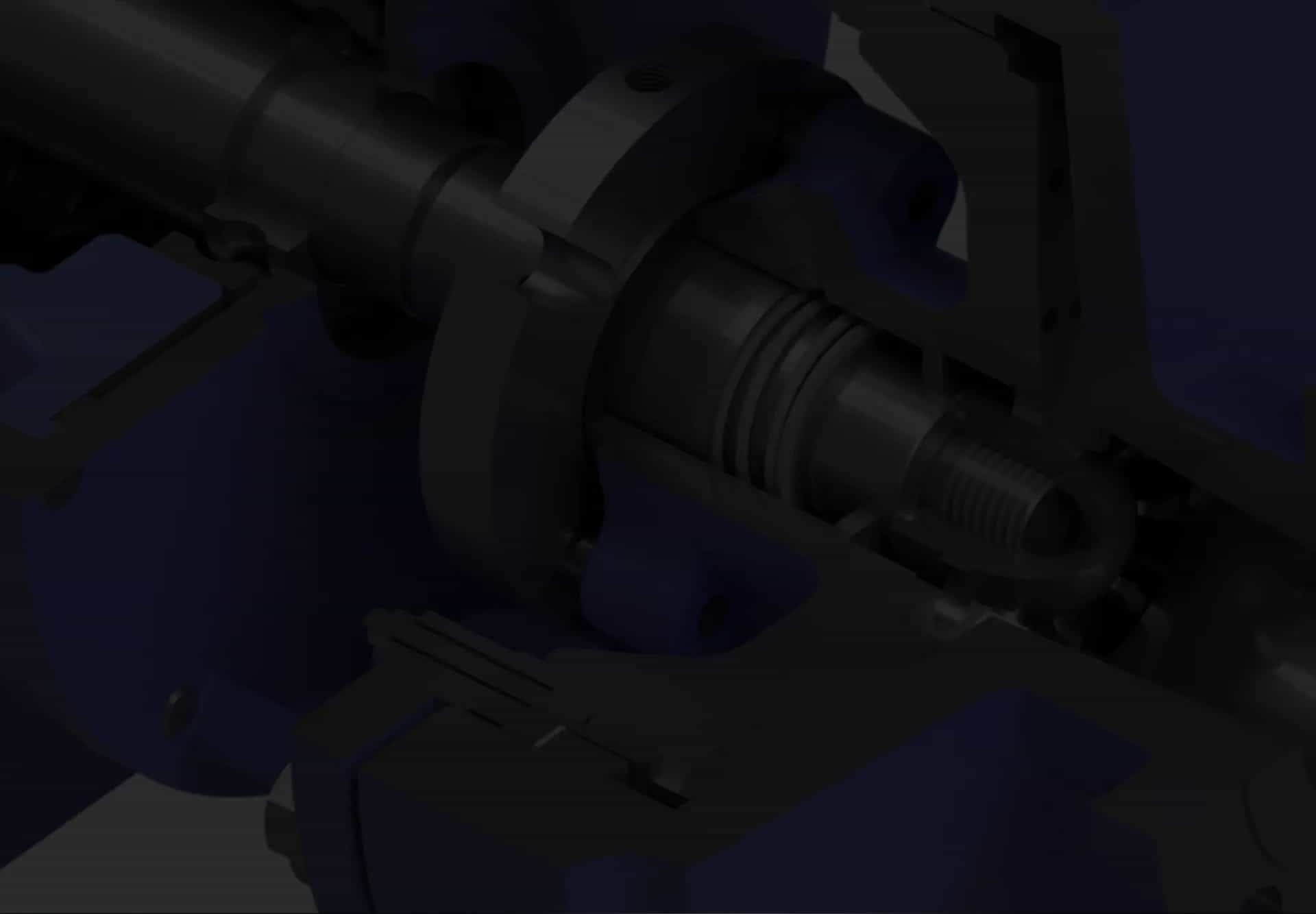Nov . 16, 2024 16:33 Back to list
High Temperature Resistant Oil Seals for Enhanced Performance and Durability
High-Temperature Oil Seals Ensuring Reliability in Extreme Conditions
Oil seals play a critical role in various mechanical systems, particularly in those exposed to extreme temperatures and harsh environments. High-temperature oil seals are specifically designed to operate effectively when faced with elevated operational temperatures that can often lead to seal failure. This article explores the significance, construction, and application of high-temperature oil seals, highlighting their importance in maintaining the integrity and efficiency of machinery.
High-Temperature Oil Seals Ensuring Reliability in Extreme Conditions
The construction of high-temperature oil seals typically involves advanced materials capable of withstanding thermal stress and chemical exposure. Common materials used include fluorocarbon elastomers (FKM), silicon rubber, and thermoplastics, which offer superior thermal stability and resilience compared to traditional rubber. The choice of material is essential, as it directly influences the seal's ability to perform under high temperature and pressure conditions. For instance, FKM seals are often preferred for their excellent thermal stability and resistance to oils, fuels, and other aggressive chemicals.
high temperature oil seal

In terms of design, high-temperature oil seals often feature modified geometries to optimize sealing effectiveness. These designs may include features such as reinforced inner and outer diameters and specialized lip configurations that ensure a tighter seal and reduce friction. Additionally, some high-temperature seals are equipped with metal inserts that help maintain their shape and enhance durability even under extreme conditions.
These seals find applications across various industries, including automotive, aerospace, manufacturing, and petrochemical sectors. In automotive engines, for instance, high-temperature oil seals are deployed to protect critical components such as crankshafts and camshafts from oil leaks. Similarly, in industrial machinery, these seals prevent fluid loss in hydraulic systems operating at high temperatures.
In conclusion, high-temperature oil seals are indispensable in ensuring the reliability and efficiency of mechanical systems exposed to elevated temperatures. Their advanced materials and design contribute significantly to minimizing oil leakage and maximizing equipment performance. As technology continues to evolve, the development of even more resilient high-temperature seals will undoubtedly play a crucial role in various industrial applications, further advancing the capabilities and longevity of machinery in extreme conditions. Investing in quality high-temperature oil seals is a proactive approach to maintaining operational efficiency and reducing long-term costs associated with equipment failure and downtime.
-
The Trans-formative Journey of Wheel Hub Oil Seals
NewsJun.06,2025
-
Graphene-Enhanced Oil Seals: Revolutionizing High-Pressure Oil Sealing
NewsJun.06,2025
-
Future of Hydraulic Sealing: Advanced Intelligent TCN Oil Seals
NewsJun.06,2025
-
Don’t Let a Broken TCV Oil Seal Ruin Your Day
NewsJun.06,2025
-
Bio-Inspired Dust Seals for Better Sealing Performance
NewsJun.06,2025
-
Biodegradable and Sustainable Hydraulic Seal Materials
NewsJun.06,2025
-
Top Oil Seal Solutions for Your Industrial Needs
NewsMay.22,2025
Products categories
















